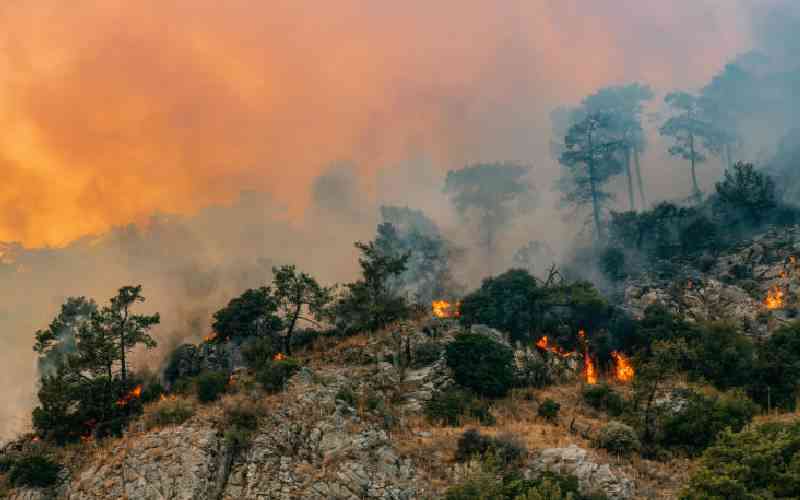×
The Standard e-Paper
Fearless, Trusted News

Belief in and reverence to a supreme being determines how humans live, where they go, what they do and eat, who they interact with and what they confess.
Different people believe in so many supreme beings that sometimes there is unspoken competition on which one is the true God. Others believe in no god, and it is fine.